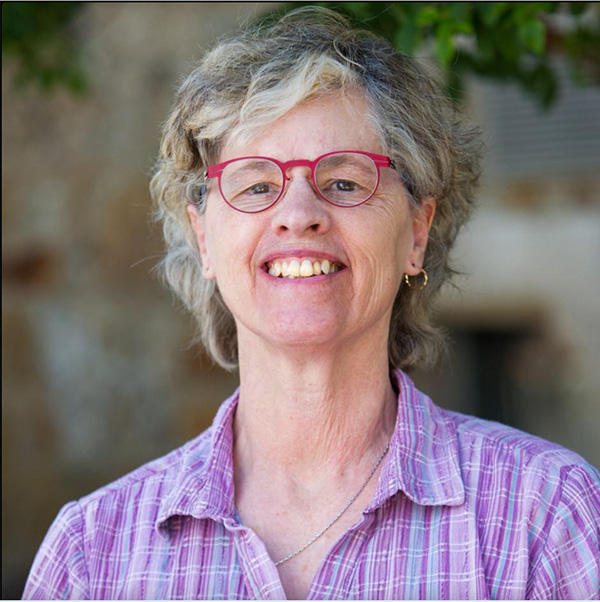His Holiness the Dalai Lama at our online 2020 Mind & Life Conversation Here at Mind & Life, we’re pleased to support organizations like TEDxMarin 2020 whose mission aligns with ours: to bring together science and contemplative wisdom to better understand the mind and create positive change. Many of the themes and topics at the …
Search results for:
neuroscience
Cade McCall
Cade McCall, PhD, is a group leader in the Social Neuroscience Department of the Max Planck Institute for Human Cognitive and Brain Sciences in Leipzig, Germany. He studies human affect and cognition with a particular focus on social interaction. McCall uses virtual environments, digital motion tracking and autonomic measurement to study psychological processes implicitly and …
David M. Fresco
David M. Fresco, PhD, is Professor of Psychological Sciences at Kent State University and Adjunct Associate Professor of Psychiatry at Case Western Reserve University School of Medicine. He directs the Psychopathology and Emotion Regulation Laboratory (PERL) and is a co-director of the Kent Electrophysiological Neuroimaging Laboratory (KENL). He received his PhD from the University of …
2015 Summer Research Institute
The 2015 Mind and Life Summer Research Institute (MLSRI) examines the theme of Fear and Trust in Self and Society. Presentations and discussions draw on research in both the sciences and the humanities, including neuroscience, psychology, philosophy, religion, and contemplative studies. We explore the biological and experiential aspects of fear, its influence on our cognition …
Peter Malinowski
Peter Malinowski works as Reader in Cognitive Neuroscience at Liverpool John Moores University (UK). After completing his undergraduate/MSc studies in Psychology at the Technische Universität Braunschweig (Germany), he gained his PhD in Psychology at the Universität Konstanz (Germany) and then – in 2001 – moved to Liverpool. At LJMU he developed and directs the MSc …
Nancy Waring
Nancy Waring, MA, Ph.D.Professor EmeritaLesley University Graduate School of Arts and Social SciencesCambridge Massachusettsnwaring@lesley.edu Education:Cornell University, MA, Ph.D., English LiteratureTufts University, BA magna cum laude, English At the 2003 Mind and Life Dialogue at MIT on cognitive science contemplative wisdom, I had a press pass and an intention to write a magazine piece about the …
Brett Froeliger
Jerome Murphy
Jerome Murphy, PhD, is the Harold Howe II professor of education at Harvard University, and former dean of the Harvard Graduate School of Education. He is a specialist in the management and politics of education. His teaching and research focus on administrative practice and organizational leadership, government policy, program implementation and evaluation, and qualitative methodology. …
Past Grants and Funding
Mind & Life 1440 Grants (2013-2017) From 2013–2017, through a partnership with the 1440 Foundation, the Mind & Life Institute offered the Mind & Life 1440 Grants. These grants broadly supported research that sought to evaluate whether and how contemplative practice can promote inner well-being and healthy relationships, as well as the development of new methods …
Think Tank Application Information
This program is not accepting applications in 2022 Think Tank grants of up to $15,000 (USD) are awarded through a competitive application and selection process; these funds support travel, accommodations, general coordination, and other aspects of Think Tanks related to the deliverables. The proposed work should be completed within a 2-year period. Progress reports are …




